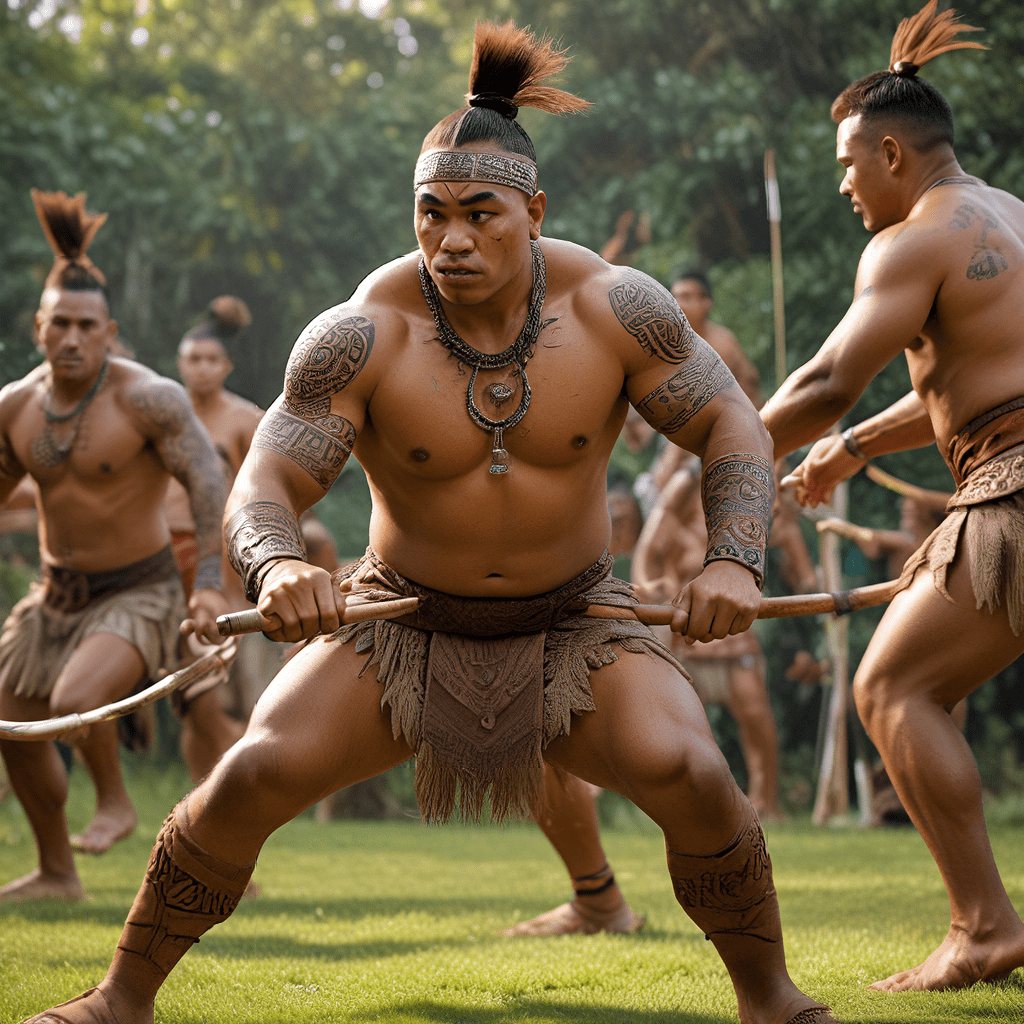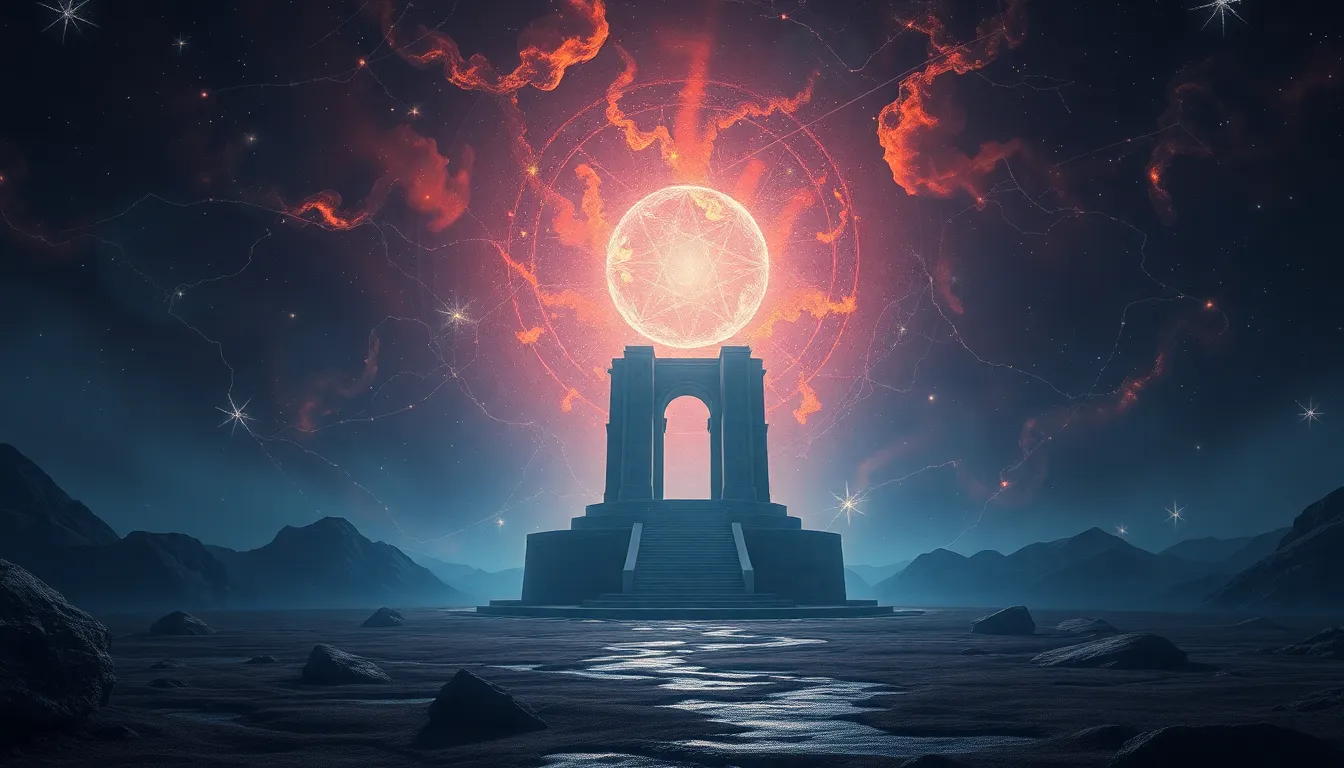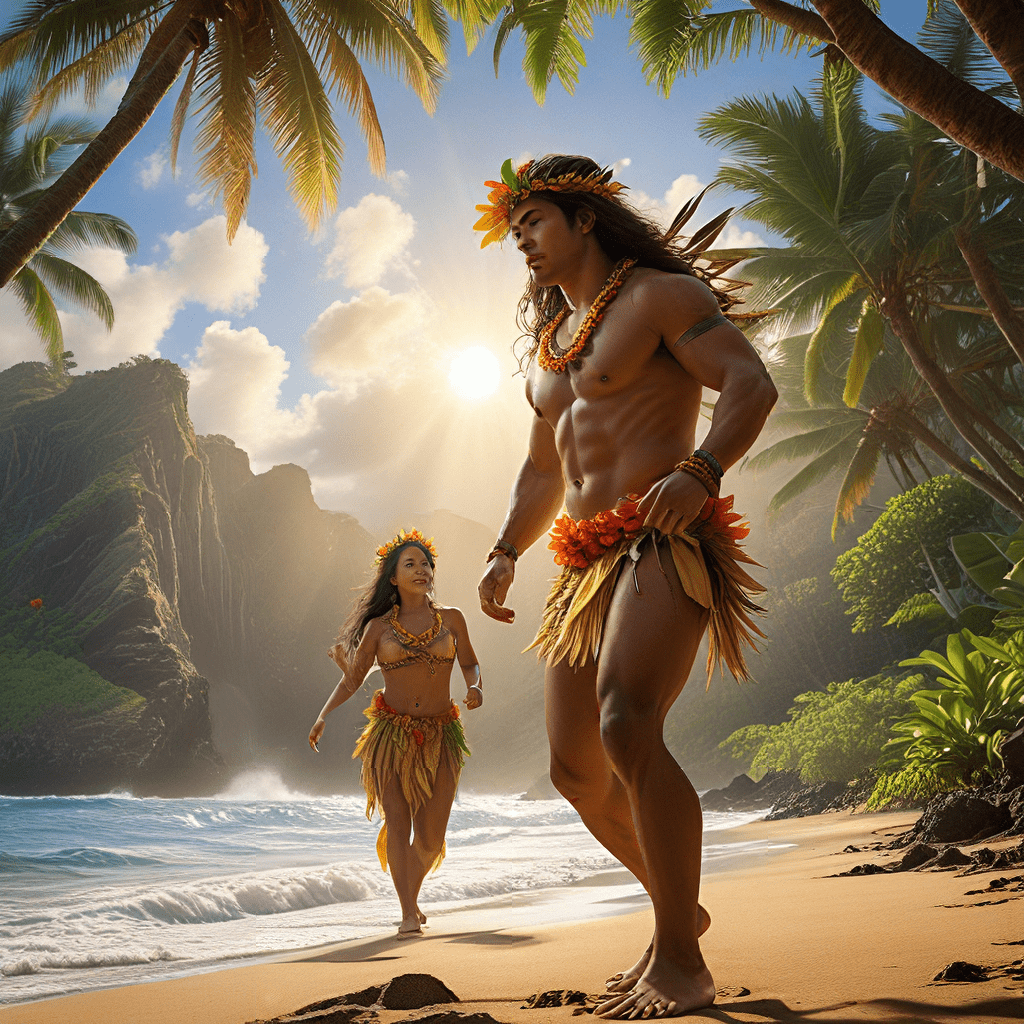Maori Mythology: A Tapestry of Creation and Ancestry
The Maori people of New Zealand have a rich and vibrant culture deeply intertwined with their mythology. These stories, passed down through generations, provide a framework for understanding the world, their place within it, and the values that guide their lives. Maori mythology is a tapestry of creation myths, ancestral stories, and tales of gods and goddesses, all woven together to create a complex and powerful narrative.
These stories are not just entertaining; they are the foundation of Maori identity and culture. They offer explanations for natural phenomena, guide ethical behavior, and connect people to their ancestors. The Maori believe that their ancestors were the first people to inhabit New Zealand, and their stories are a way of remembering and honoring their legacy.
The Tangata Whenua: Ancestral Figures and Their Significance
The Tangata Whenua, meaning "people of the land," are the ancestral figures who are believed to have created and shaped New Zealand. These are not simply historical figures but powerful beings who represent the essence of the Maori people. Each tribe, or iwi, has its own set of ancestral figures that are unique to their history and lineage.
These ancestral figures, known as atua, are often depicted as powerful gods and goddesses with specific roles in the natural world. They embody the spirit of the land, the sea, and the sky, and their stories teach lessons about courage, strength, and respect for nature. The Tangata Whenua are not merely figures from the past but are considered to be present in the world, influencing the lives of the Maori people and reminding them of their connection to the land and their ancestors.
Tiki: The First Human and Symbol of Creation
Tiki is a key figure in Maori mythology, often depicted as the first human being. He symbolizes creation and the beginning of life on Earth. The story of Tiki is a powerful reminder of the Maori belief in the interconnectedness of all things and the importance of honoring the origin of life.
According to legend, Tiki was created from the Earth by the gods. He was the first being to walk the land and the ancestor of all humans. Tiki's story is a powerful testament to the Maori belief in the power of creation and the importance of looking to the past to understand the present.
Rangi and Papa: The Sky Father and Earth Mother
Rangi and Papa, the Sky Father and Earth Mother, are arguably the most iconic figures in Maori mythology. Their story symbolizes the creation of the world and the importance of family and connection.
In the beginning, Rangi and Papa were intertwined, their bodies pressed close together, creating a dark and suffocating world. Their children, the gods, grew tired of this darkness and decided to separate their parents. This separation resulted in the creation of the sky and the Earth, bringing light and life to the world. The story of Rangi and Papa is a reminder of the importance of balance and the power of change.
The Role of Gods and Goddesses in Shaping the Maori World
The Maori believe that gods and goddesses, known as atua, have a profound influence on the world. They are responsible for natural phenomena, such as earthquakes, volcanic eruptions, and storms, and their actions can affect the lives of humans.
These atua are not always benevolent, but their actions are often seen as part of a larger cosmic order. They are powerful beings who are to be respected and feared. The Maori people have developed rituals and ceremonies to honor these gods and goddesses and to seek their favor. The belief in atua shapes Maori values, worldview, and their understanding of the natural world.
Traditional Maori Games: Reflecting Mythological Narratives
Maori traditional games are not just forms of entertainment; they are powerful expressions of their culture, history, and mythology. These games are often rooted in stories and legends that have been passed down for generations, reflecting the values and beliefs of the Maori people. Playing these games is a way for Maori to connect with their ancestors and celebrate their heritage, while also developing skills and fostering community.
One example is “Ki o rahi,” a game involving a large, heavy stone that players try to throw into a designated area. This game draws inspiration from the myth of Maui, a demigod who is known for his strength and skill. The act of throwing the stone symbolizes Maui's strength and his ability to overcome challenges. By playing this game, Maori children learn about the importance of perseverance and the power of human potential.
Another game, “Tiki tāne,” involves a team of players who try to roll a large wooden disk into a designated area. This game is said to be inspired by the myth of Tiki, the first human being. The wooden disk represents Tiki, and the players' efforts to roll it symbolize the creation and growth of the Maori people. In this game, Maori children learn about their shared history and the importance of working together as a team.
Haka: Warrior Dance and the Spirit of the Ancestors
The Haka is a powerful and iconic Maori war dance. Initially used for intimidation on the battlefield, it is now commonly performed at sporting events, cultural gatherings and ceremonies, showcasing the strength, power, and pride of the Maori people.
This energetic dance involves rhythmic movements, facial expressions, and a powerful chant. The Haka draws on Maori mythology, telling stories of ancestors, gods, and heroes. The movements are symbolic, representing the strength and ferocity of warriors, while the chants invoke the spirits of ancestors and gods, seeking their guidance and protection.
The Haka is more than just a dance; it is a way of connecting with the ancestors and invoking their power. When performed, it is believed to channel the collective energy of the tribe and inspire courage and unity. For Maori athletes, the Haka is a powerful ritual that prepares them for competition and symbolizes their connection to their heritage.
Poi: A Rhythmic Playful Expression of Female Power
Poi is a traditional Maori game played with a ball attached to a string, swung in rhythmic patterns and often accompanied by song and dance. This playful game, most often played by women, is a beautiful expression of grace, skill, and cultural heritage.
The poi symbolizes the goddess Hine-nui-te-pō, the goddess of the night, while the movements represent the cycle of life and the flow of energy. The intricate patterns created by the swinging poi are a testament to the skill and dexterity of the women who play it. By mastering the poi, Maori women demonstrate their strength, agility, and artistry.
The rhythmic swaying of the poi represents the gentle beauty of nature, the delicate swaying of the leaves in the wind, and the ebb and flow of the tides. The poi also symbolizes the power of women in Maori culture, and their role in nurturing, maintaining balance, and preserving traditions.
Waka Ama: The Canoe Races and the Journey of the Gods
Waka Ama, traditional Maori canoe racing, is a thrilling spectacle of speed, skill, and teamwork. This sport reflects the importance of the waka (canoe) in Maori culture, and the journey of the ancestors across the vast Pacific Ocean to reach New Zealand.
The waka Ama races are not just about competition; they are a way of honoring the ancestors who sailed these seas and a celebration of the skill and courage of the Maori people. Each stroke of the paddle symbolizes the journey of the ancestors, and the teamwork required to navigate the challenging waters represents the spirit of community and cooperation that is essential to Maori culture.
The canoes are often adorned with intricate carvings that depict stories from Maori mythology, reminding the paddlers of their heritage and the power of their ancestors. These races are also a way for Maori to connect with the natural world, to respect the power of the sea, and to celebrate their unique cultural identity.
The Influence of Mythology on Maori Sportsmanship and Values
Maori mythology has profoundly shaped the values and principles that guide Maori sportsmanship. Concepts like respect, courage, teamwork, and humility, embedded in traditional stories and legends, are echoed in Maori competitive sports.
The importance of mana – a person’s spiritual power and prestige – is a core concept in Maori culture and plays a role in sports. This is gained through honorable deeds, dedication, and respect for others. It is evident in the way Maori athletes approach competition with humility, recognizing the strength of their opponents and celebrating their achievements.
The “whanaungatanga,” the interconnectedness and sense of family, also influences the spirit of sportsmanship. Maori athletes value the support of their team and community, recognizing the strength that comes from unity and collaboration. The Maori belief in “tikanga,” the right way of doing things, extends to sporting etiquette, emphasizing fair play, respect for rules, and a sense of responsibility for one’s actions.
FAQ
What is the significance of Maori mythology in understanding Maori traditional games and sports? Maori mythology provides a deep understanding of the values, beliefs, and stories that shape their sports and games. It offers insights into the cultural significance of each activity, the symbolism of the movements, and the role of ancestors and gods in their athletic pursuits.
How does Maori mythology influence the values of sportsmanship? Concepts like mana, whanaungatanga, and tikanga, drawn from Maori mythology, emphasize respect, courage, teamwork, humility, and fair play, shaping Maori sporting ethics.
Can you provide examples of Maori traditional games and their connection to mythology? Examples include Ki o rahi, Tiki tāne, Haka, Poi, and Waka Ama, each linked to stories and legends that provide cultural context and depth to the games.



